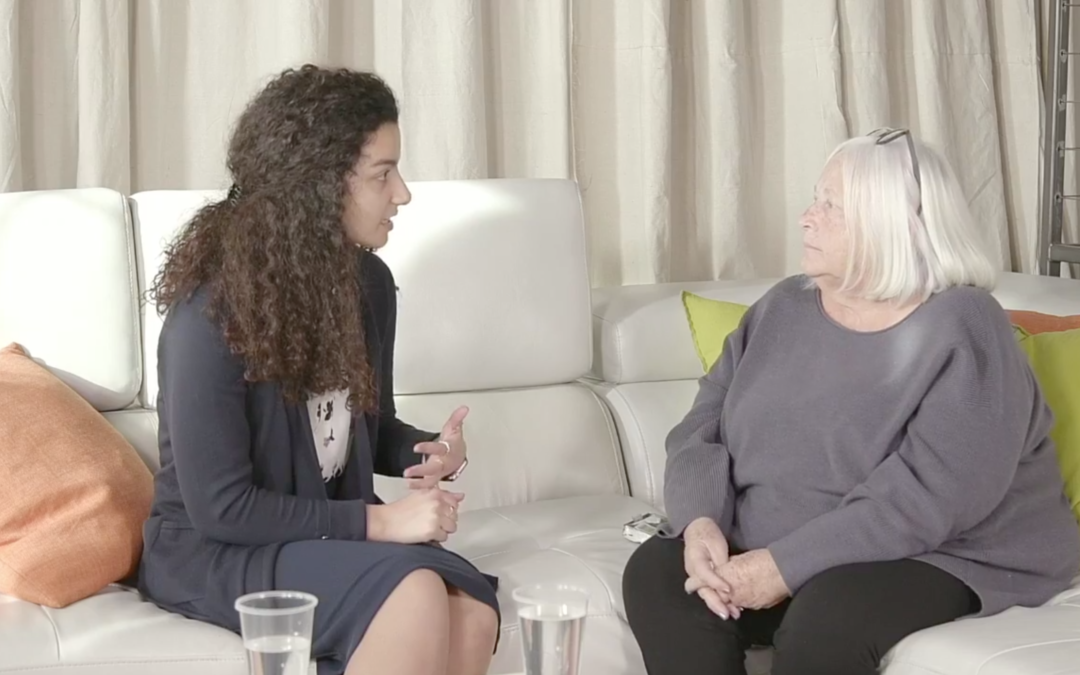
Secure IT
Secure IT
One of our jobs as regents is to keep watch over all the physical systems at the university. We constantly review the work being done to ensure that we are avoiding any risks to the security of our policies and systems.
This includes many more arenas than I ever considered. The trickiest (in my estimation) is the cyber networks.
These networks are used on all of our campuses by everyone – students, faculty, administration, and researchers. It’s a massive and critical operation.
So you can only imagine the challenges that the IT department has to deal with on a daily- no, hourly basis. Equipment varying in age only adds to the challenge of defending our university network against all kinds of phishing and ransomware attacks.
Last week our committee heard from the incredible people in charge of dealing with this.
I’ll be honest, I didn’t realize the scope of the problem. It’s truly mind-boggling. Just recently they stopped 36,000 phishing attacks and three ransomware attacks.
And don’t get me started on Zoom. As a result of the pandemic and the need to operate virtually, we’ve used thirty-five million minutes of zoom conference time.
One Sunday the IT department found a major breach and the team had help from all its campus teams and the med center to solve the mystery and end the attack. While these kinds of attacks are frightening to think about, I was impressed and encouraged by the swift and focused teamwork.
While fending off attacks, this team has also been working to create a seamless system that monitors, repairs and secures our campuses across the state. The university partners with other universities like Rutgers, Duke, Indiana and Northwestern to strengthen each other’s systems.
Part of this effort has been a complex study of how to stop bad actors from damaging or stealing our data through firewalls and other innovative prevention programs. All of this work keeps our data safely encrypted and equipment operating while the pandemic has disrupted our classes and had us sheltering in our homes.
In a world of so much unknown, it’s a relief to know such smart, dedicated people are working hard to keep the university running. They’re keeping all of us connected.
*Barbara’s thoughts as written by Kate based on weekly (fascinating) conversations.






